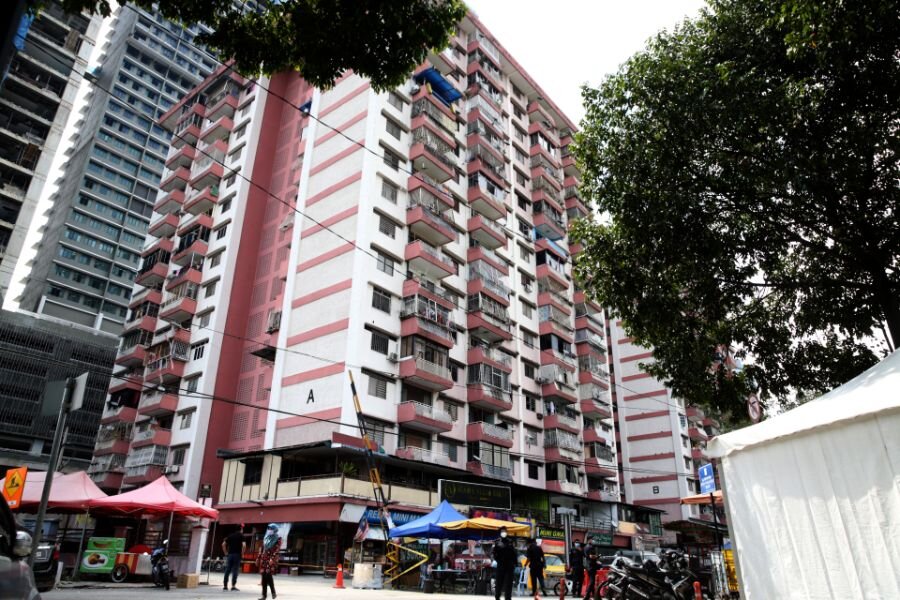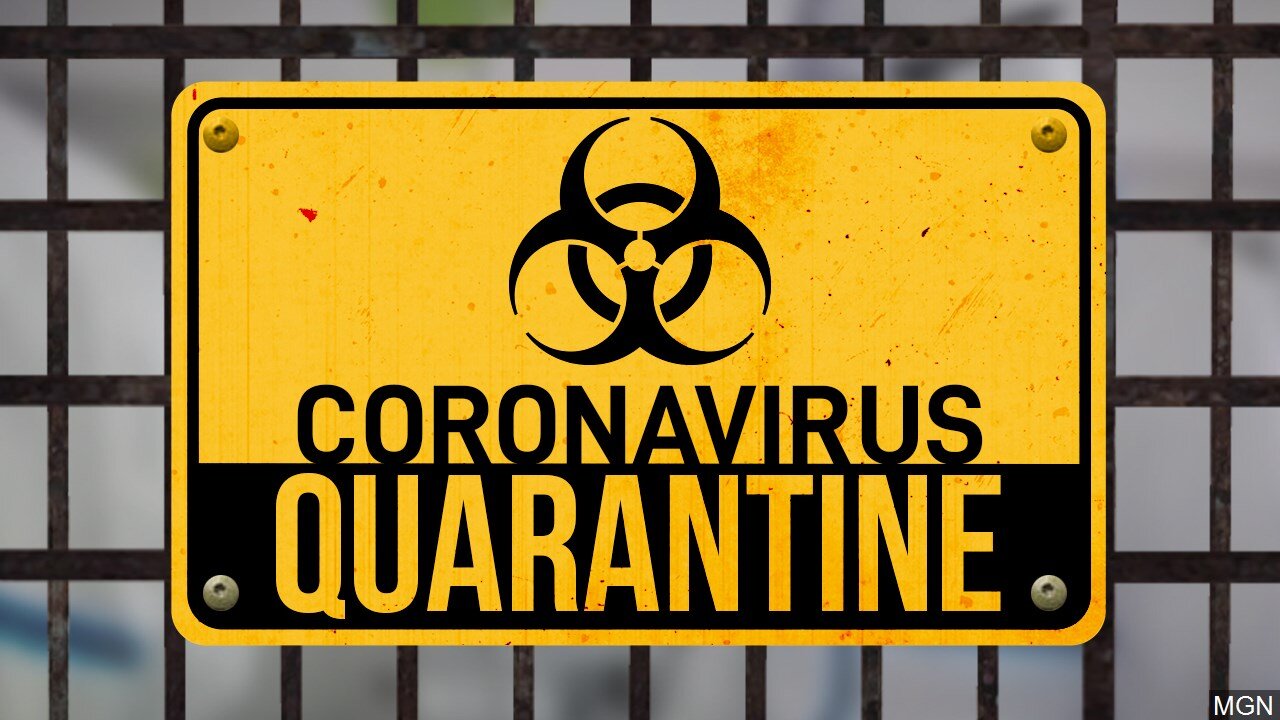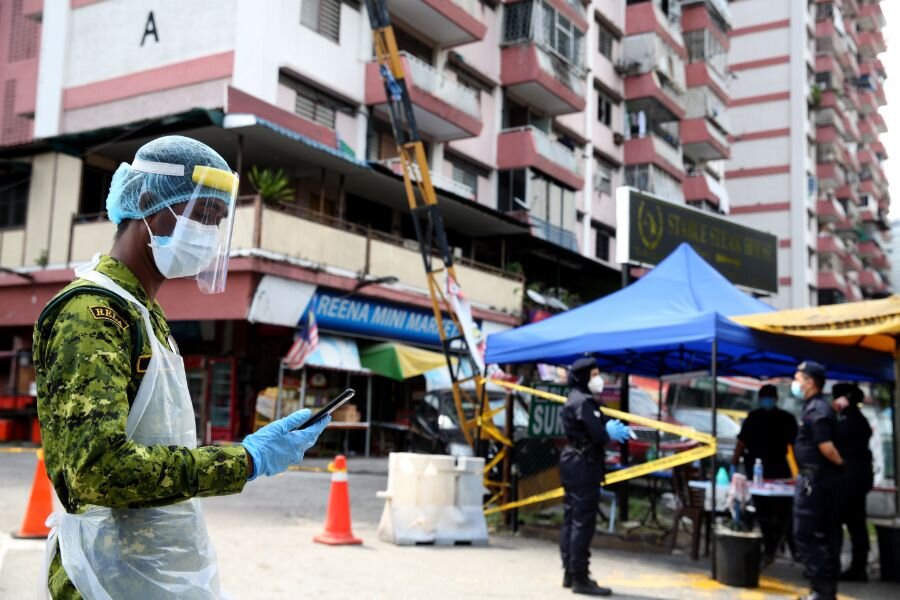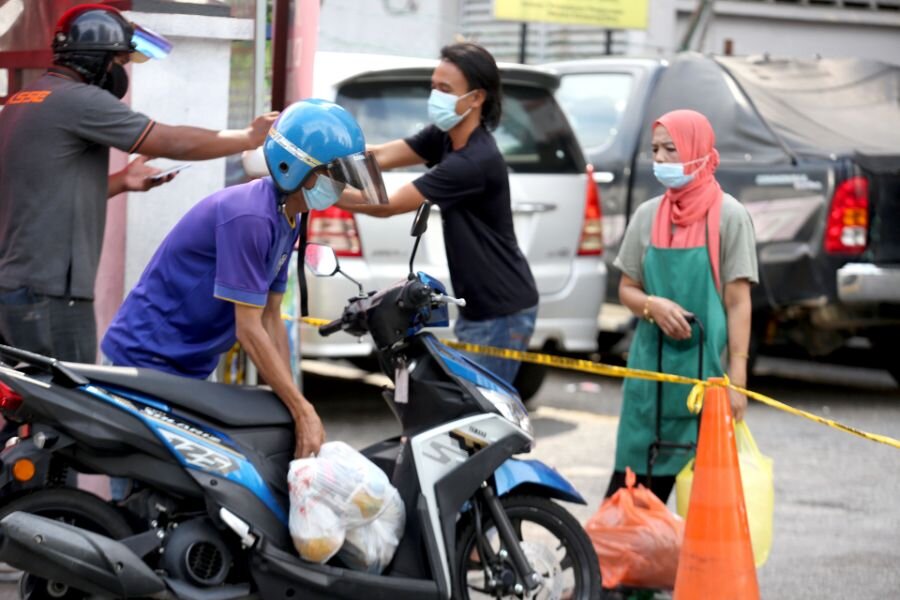‘Did he skip one week?’ I hear you wondering. Yes, I did not publish a post last week. There simply was little new to add. Francien, Marcella and I are still doing very well, albeit stuck in a narrow daily routine. I also did not want to add to the overload on social media of emojis, funny videos and pictures. The news is repetitive with endless COVID-19 statistics, numbers and graphs. I follow this increasingly superficial, but rather focus more on how life will be after this lockdown period.
But now I want to share some real news. Besides our daily fitness routines, Marcella has been busy working from her home office (business continues), Francien sewed more face masks, made new decorations for our apartment and read a few e-books. You ask what my accomplishments were in the past weeks? Well, I did virtual pub quiz’s, attended webinars, listened to podcasts, finished a book about AI and continued working on my Human Geography course. All this while reducing my daily smartphone consumption from 3.5 hours to 3.0 hours!
Day 45: Unlike in other countries, we are not allowed to exercise outdoors. As part of our daily work-out routine, Francien and I still walk up and down our emergency stairs. Guess what: the most ridiculous personal record I now set: I walked up and down 230 floors in one go. Good for my cardio!
Restless after seven weeks of isolation, I find it uncomfortable being between my own personal and isolated bubble and seeing the events unfolding in the world outside. Here is such an unfolding story of our Malaysian friend Endang.
Endang lives with her two sons and daughter in an apartment in the 17-floor PKNS complex in Kampung Bharu, Kuala Lumpur. The people in that building were placed under quarantine after one resident succumbed to the corona virus on April 11.
Living in her two-bedroom flat has anything but been easy for her family. The premises have been cordoned off by uniformed police and army personnel. Yellow demarcation tape marks the boundaries for all residents to move in. In front of the entrance are three food stalls selling base necessities like flour, rice, fish, beef and chicken to the people inside. To avoid direct contact, the vendors put the groceries on tables underneath canopies put up by the security forces. All incoming goods are being checked.
'I also buy fresh vegetables from the local wet market who deliver it to the police counter downstairs,' Endang explains, ‘and milk, fruits and snacks I order at the supermarket which will deliver at the gate.
Since the total isolation for all residents has been imposed, twice health officials have checked Endang and her children.
'One by one we had to come to a tent close to the gate where medical staff clad in coveralls, wearing gloves, face masks and shields checked my temperature.' Endang says and continues,' and then they put a swab in my nose, turned it a few times before putting it back in a test-tube.'
She had to wait one week to get the results which was very unsettling. A health official explained to her: ‘Always keep a bag with your pyjama and toiletries ready, because when you are tested positive you will immediately be taken to one of the three isolation hospitals in the city.’ Not a nice prospect! A few times Endang saw the ambulance leaving the premises to do just that. Fortunately, she and her children have been tested negative.
‘At the beginning we still enjoyed the free time together. But know it is boring and I have too much time to think and worry.'
In the past seven weeks Endang had no income, because she could not leave the house. 'I have enough savings for one more month, but then I need to really start earning money again!' she says anxiously.
'We do not see any neighbors, it is unusual quiet in the building. My children do home schooling, play games, watch TV and we tell each other stories. I do not know how long our quarantine will last, so I go about doing my daily routine as best as I can.’
Her 10-year old daughter keeps asking her when she can go back to school and play with her friends again.
'This Ramadan we fast as usual, but have more time to pray and talk to each other. This will be a time I will never forget.'
Endang
Livelihoods depend on the way we handle this pandemic. In these times of great uncertainty, one thing is clear: anyone thinking that after this period of isolation it is back to our usual, is a fool or at least naive. Mark my words: we will be restricted in our movements for at least another 18 months.
The discussions the three of us had with friends and family shifted from lockdown and isolation to how to get back to a more normal life, being able to meet up with people again, go to a restaurant and simply enjoy the outdoors. I have changed my initial opinion, that fighting this virus outbreak, -whatever the cost will be-, is justified. It has given way to wanting to have a much more balanced approach. We need to accept this virus as a disease which will be around for some time, killing people in the process. Allow me to be provocative: one million people around the world die each year in car accidents, but we do not outlaw all our cars. It is our way of life, accepting balanced risks while protecting the people as much as reasonably possible. That means we gradually need to get all the people back to their usual activities and duties soon.
And indeed, a first step is now being made here in Malaysia. Yep, the good news came two days ago: our movement restrictions are being relaxed. Great! The three of us can now visit restaurants, run in the parks, hike in the nearby forests and meet up with friends again. Marcella will still have to work from home. Travel is not allowed, but as soon as we can I will be the first to dash out to a quaint beach resort on the South China Sea. Something to look forward to, but for now we take it one step at a time, watching how this will pan out on the streets of Kuala Lumpur.
I will associate this period with the frustration of not being able to make any plans for the rest of the year. That is still the case and needless to say, we all need a clearer outlook for the next 12-18 months. It is too soon to predict how the new way off going about our life’s will look like. 49 Days hunkering down at home, we should try to translate some of what we have learned into our new behavior. Are we living through a global experiment with more homeworking, home deliveries, e-shopping, e-health, e-money, e-learning and virtual social activities? Will Marcella commute less? Will we be taking fewer flights?
Yesterday the streets in Kuala Lumpur were still bizarrely deserted, today life re-starts for many of us in a different way. A first glimpse of what the new normal might look like.
Keep your distance - Wear your mask - Wash your hands




